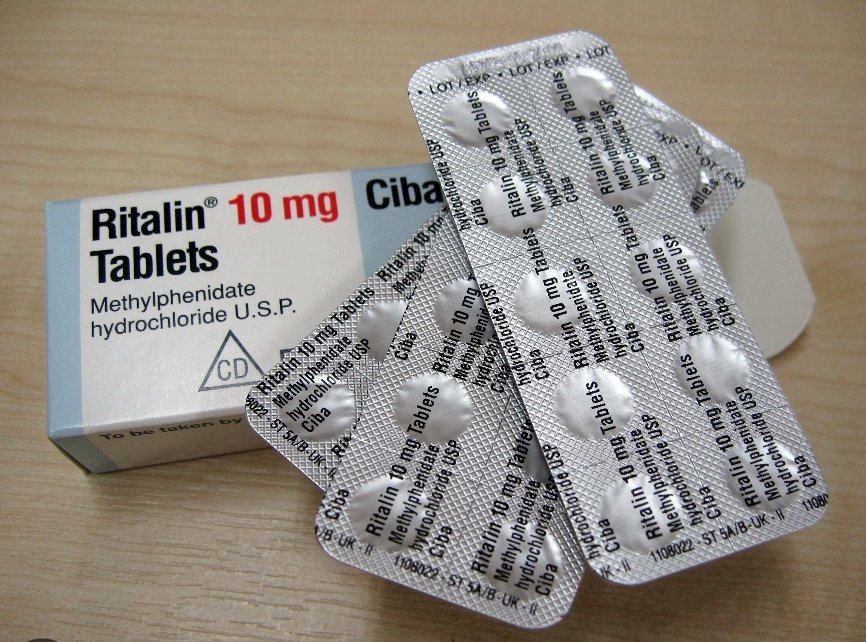
When it comes to managing Attention Deficit Hyperactivity Disorder (ADHD), Ritalin and Concerta are two commonly prescribed medications that have gained significant attention. Both medications belong to the class of stimulants and are known to effectively alleviate the symptoms of ADHD. In this article, we will delve into the nuances of Ritalin vs. Concerta, exploring their mechanisms of action, differences in formulation, potential side effects, and considerations for choosing between them.
Mechanism of Action
Ritalin, with its active ingredient methylphenidate, works by increasing the levels of certain neurotransmitters, such as dopamine and norepinephrine, in the brain. This helps improve focus and attention in individuals with ADHD. On the other hand, Concerta, containing the same active ingredient, employs an extended-release mechanism. It utilizes an osmotic pump to deliver the medication gradually over an extended period, providing sustained symptom relief throughout the day.
Formulation and Dosage
One of the primary differences between Ritalin and Concerta lies in their formulation and dosing schedules. Ritalin is available in both immediate-release and extended-release forms. The immediate-release variant typically requires multiple daily doses, whereas the extended-release version provides coverage for a longer duration. Concerta, being an extended-release formulation, requires only one dose per day, which can be advantageous for individuals who struggle with medication adherence.
Efficacy and Duration of Action
The choice between Ritalin and Concerta may also hinge on their efficacy and duration of action. Ritalin’s immediate-release variant acts quickly but may require more frequent dosing to maintain effectiveness. Concerta, with its extended-release mechanism, offers a more consistent and sustained effect throughout the day. This can be particularly beneficial for individuals who need continuous symptom management, such as during school or work hours.
Side Effects and Considerations
Both Ritalin and Concerta share common side effects due to their shared active ingredient. These can include insomnia, decreased appetite, increased heart rate, and potential increases in blood pressure. However, the extended-release mechanism in Concerta may contribute to a smoother onset and offset of effects, potentially minimizing the “rebound” symptoms often associated with immediate-release stimulants like Ritalin.
Selecting the appropriate medication between Ritalin and Concerta requires a comprehensive assessment by a healthcare professional. Factors such as the individual’s specific ADHD symptoms, their daily routine, and any existing health conditions should be carefully considered. Some individuals may find the flexibility of Ritalin more suitable, while others may benefit from Concerta’s once-daily dosing and extended coverage.
In the Ritalin vs. Concerta debate, there is no one-size-fits-all answer. Both medications have proven efficacy in managing ADHD symptoms, but their formulation, dosing, and duration of action differ. Individuals, along with their healthcare providers, must weigh the pros and cons to make an informed decision. Whether it’s the quick relief of Ritalin or the steady coverage of Concerta, the ultimate goal remains the same: to provide individuals with ADHD the support they need to lead productive and fulfilling lives. Always consult a medical professional to determine the most suitable treatment approach.
